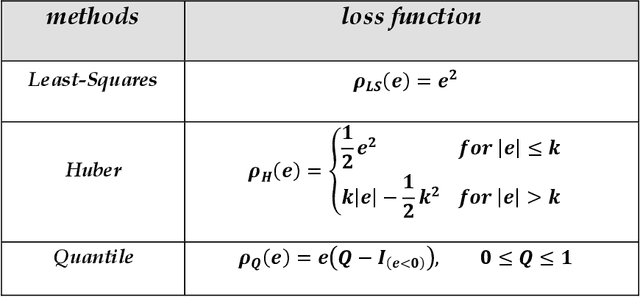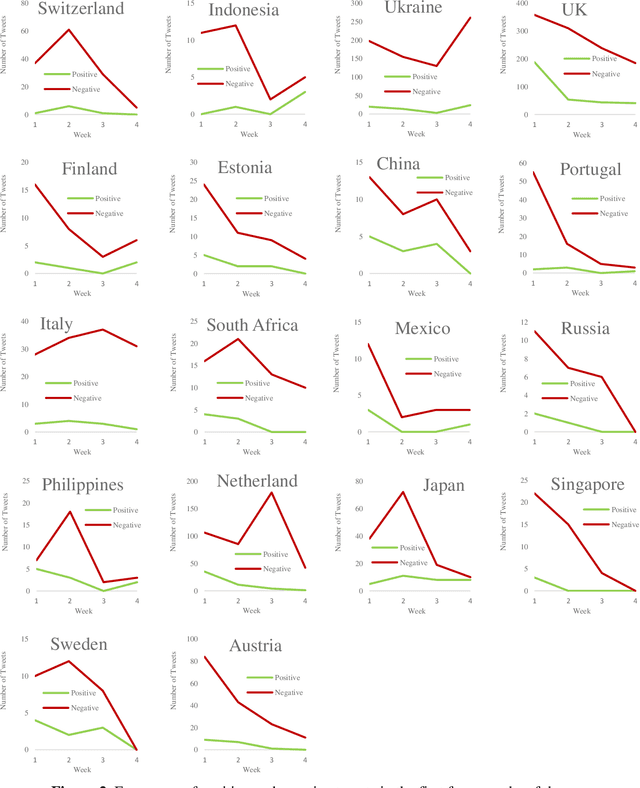Russia-Ukraine war: Modeling and Clustering the Sentiments Trends of Various Countries
Paper and Code
Jan 02, 2023


With Twitter's growth and popularity, a huge number of views are shared by users on various topics, making this platform a valuable information source on various political, social, and economic issues. This paper investigates English tweets on the Russia-Ukraine war to analyze trends reflecting users' opinions and sentiments regarding the conflict. The tweets' positive and negative sentiments are analyzed using a BERT-based model, and the time series associated with the frequency of positive and negative tweets for various countries is calculated. Then, we propose a method based on the neighborhood average for modeling and clustering the time series of countries. The clustering results provide valuable insight into public opinion regarding this conflict. Among other things, we can mention the similar thoughts of users from the United States, Canada, the United Kingdom, and most Western European countries versus the shared views of Eastern European, Scandinavian, Asian, and South American nations toward the conflict.
 Add to Chrome
Add to Chrome Add to Firefox
Add to Firefox Add to Edge
Add to Edge